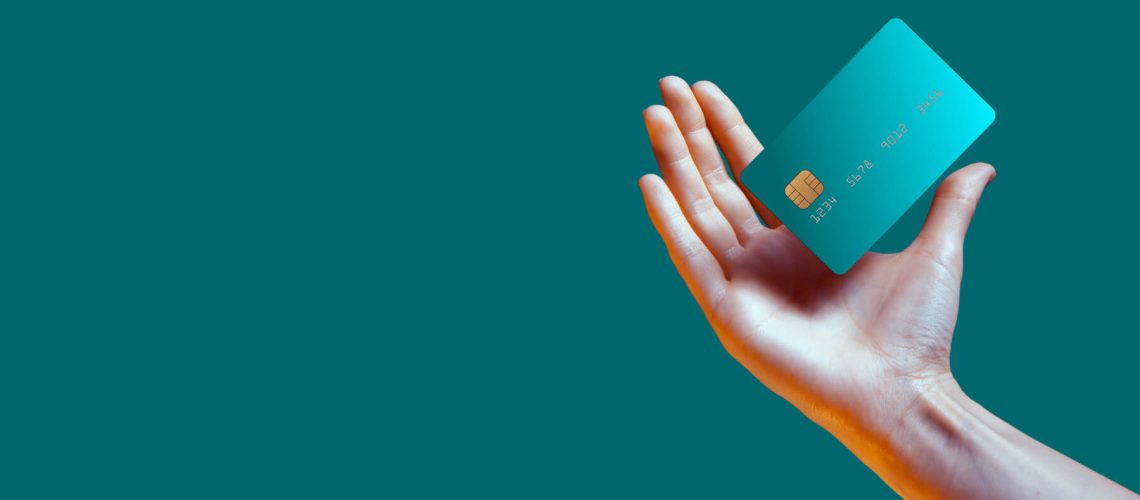Having access to spare funds is seriously handy. With a credit card, you can buy whatever you want, whenever you want it. Whether you’re on a shopping spree or your salary is late being paid – a credit card can ensure you’re never caught out. That spending can and will eventually catch up with you though. Therein lies the basics of credit card advantages and disadvantages.
Who Can Have A Credit Card?
In Australia, credit cards are legally available to anyone aged 18 years or over. To apply you will need to have a good credit history and meet the minimum criteria set out by the financial institution. These criteria can include:
- Over 18 years of age
- Be an Australian citizen or permanent resident
- Not bankrupt
- Demonstrate the ability to repay the maximum credit limit on the card
- Have a good credit history
It is possible to have credit cards from multiple lenders, not all of which will be a traditional bank. Financial institutions such as American Express, for example, offer credit cards, as do grocery chains such as Coles and Woolworths. The latter will be underwritten by a financial institution. No matter where you take one out, credit card advantages and disadvantages will apply.
Should I Have A Credit Card?
The decision about whether or not to apply for a credit card is one you should take seriously. Are you someone who has always been disciplined with your money and are sure you will always pay your balance off at the end of each month? If so, credit cards can actually be very beneficial.
If you consistently pay bills late, struggle to save or have erratic income – as tempting as credit is, you may be best to avoid it. Credit card debt can quickly spiral and cause significant financial distress.
Whether you should have a credit card or not is best decided once you understand credit card advantages and disadvantages.

Credit Card Advantages And Disadvantages
As mentioned above, there are lots of pros and cons to having a credit card, namely:
Advantages
- You don’t need to secure any personal assets against this form of finance
- Fast & convenient form of finance
- Once approved, the card is there for you to use whenever you want to.
- Can positively affect your credit score if you are responsible with repayments.
- Rewards programs with points per dollar spent and frequent flyer miles accrued with purchasing.
- Cashback offers for qualifying spends
- Features such as insurances covering purchases, rental cars, travel etc
- Airport lounge access
- Ideal for travel
- Safer than cash – can be locked when lost or stolen
- They’re convenient and useful in emergencies
Disadvantages
- Higher interest rates than other forms of finance
- Leading cause of damage to your credit file when used irresponsibly
- A rewards program isn’t always beneficial to the cardholder and can attract its own fees
- Risk of credit card fraud
- Balance can quickly get out of hand with added interest if you do not keep on top of repayments.
- Surcharges on purchases and cash advance costs
- Annual fees that often outweigh the ‘rewards’
- ‘Other’ fees such as late fees, balance transfer fees, overseas transaction fees etc
- Can be viewed as ‘potential’ debt when applying for loans, even if paid down in full

How To Choose The Right Credit Card
There are hundreds of credit cards to choose from. One is not the same as another and they will all have different terms and conditions attached. When selecting a credit card you should focus on:
- Working out how much you can afford to repay each month, focusing on whether you can repay the full balance by month’s end or not. If you can afford the full balance, you will often find better rewards cards with high-interest rates, so you must ensure you pay it down. If you will not be able to guarantee the settlement of the balance each month, focus more on low-interest rates than any bells and whistles. You can plan your budget effectively by using a budget planner.
- Choose a limit you can afford. If you do not need it, do not tempt yourself with a high available balance. High available balance can also be viewed negatively when applying for a home loan as it is ‘potential debt’. If your credit card is simply back up for emergencies, it makes sense to keep a low balance.
- Weigh up the interest rate, interest-free period, any introductory interest rates vs ongoing rate. Compare the fees and charges also as well as any applicable rewards and extras such as insurance.
- Compare store-cards to banks and other lenders and ensure your chosen product is competitive. You do not have to take out a card with your usual bank.
- Understand how much you will have to repay each month by using a loan repayment calculator.
Stay On Top Of Your Credit Card Debt
By understanding credit card advantages and disadvantages before taking one on, you are better positioned to enjoy its benefits. Should the worst happen and you begin to miss payments and your credit score is impacted, we can help.
At Clean Credit, we are the experts in repairing your credit score. Whether it is something as simple as a credit enquiry or as servere as a court judgment, we can help you on the road to financial freedom. Call today on 1300 015 210.

